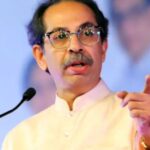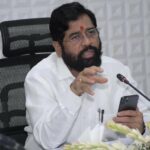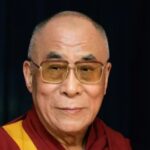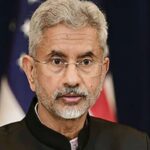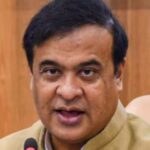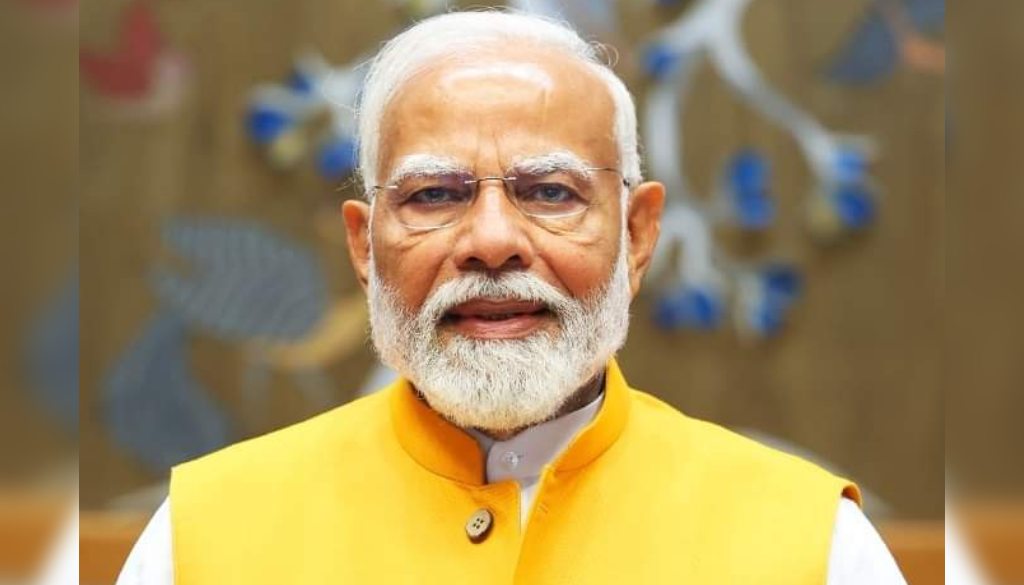
Cabinet Approves ‘One Nation, One Election’ Bill; Set To Be Introduced In Winter Session
New Delhi, 13th December 2024: The Union Cabinet has officially approved the bill for ‘One Nation, One Election,’ which is expected to be introduced during the winter session of Parliament. The bill aims to synchronize elections across the country, a shift that would end the practice of holding separate elections every year in different regions.
With the Bharatiya Janata Party (BJP) and its allies holding a majority in both the Lok Sabha and Rajya Sabha, the bill’s passage is expected to be smooth. However, the government has expressed its desire for broad political consensus before it proceeds, with plans for necessary amendments to the bill.
The concept of ‘One Nation, One Election’ has been discussed more frequently in recent years, but it is not a new idea in India. The groundwork for simultaneous elections was laid during India’s independence in 1947. In the first general elections of 1952, voting for both the Lok Sabha and state assemblies was held simultaneously, continuing for the next four elections. However, this system began to face challenges as time progressed.
The last time India held elections under the ‘One Nation, One Election’ system was in 1967. At that time, elections were conducted in one phase for the entire country, except Uttar Pradesh (then called United Provinces), where the elections were held in four phases.
Following these elections, which saw voting for 520 Lok Sabha seats and 3,563 Assembly seats, the country faced political upheaval. The death of Jawaharlal Nehru and the rise of an anti-Congress sentiment led to significant changes in India’s political landscape.
After nearly six decades, the country is now preparing to reintroduce the ‘One Nation, One Election’ system. This move follows the formation of a committee chaired by former President Ram Nath Kovind, which extensively studied the election models of countries where simultaneous elections are held.
Countries like South Africa, Sweden, Belgium, Germany, Indonesia, the Philippines, and Japan were studied as part of the committee’s research. For instance, in South Africa, elections for the National Assembly and State Assemblies are held together, but local body elections are conducted separately. Similarly, Sweden holds elections for Parliament, County Council, and local bodies every four years.
Indonesia recently made history by conducting simultaneous elections for the President, Vice President, and national and local positions on 14th February 2024, with over 200 million people voting on the same day.
Given that India’s population stands at around 1.4 billion, conducting simultaneous elections would set a new world record, surpassing even Indonesia’s landmark achievement.
As the debate over ‘One Nation, One Election’ continues, the bill’s introduction in Parliament is expected to shape the future of India’s electoral process.

